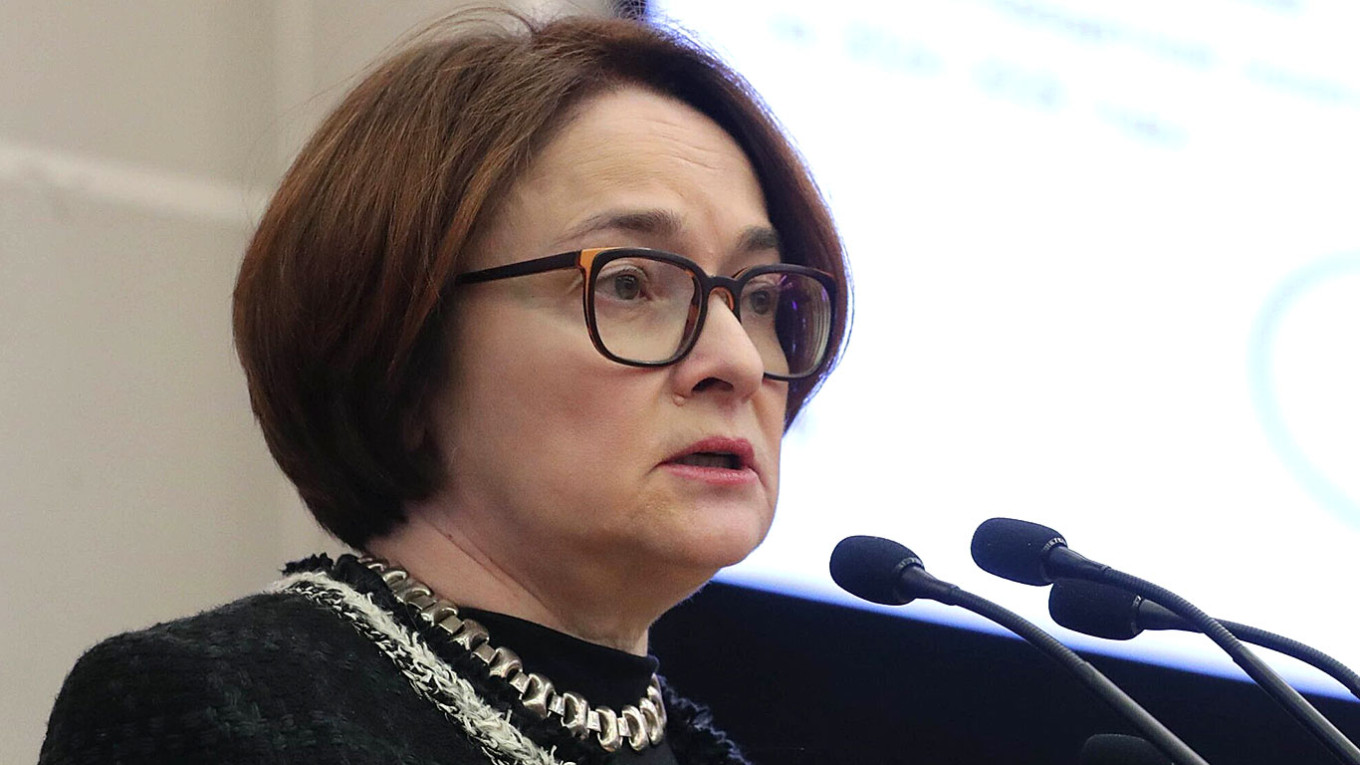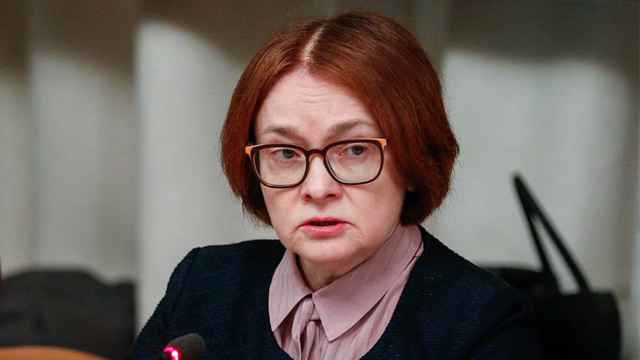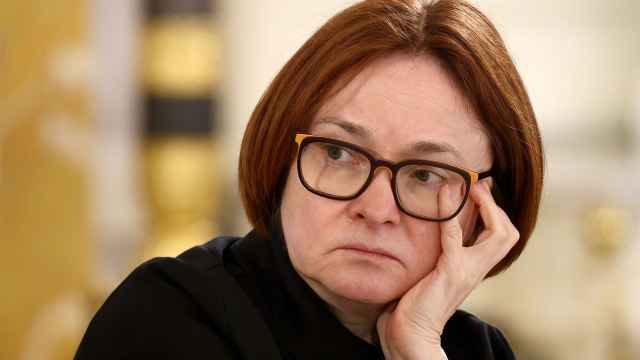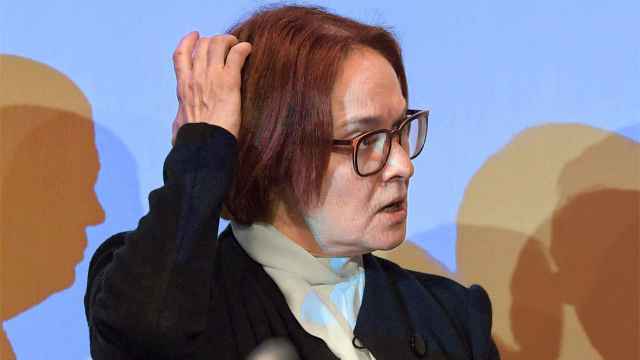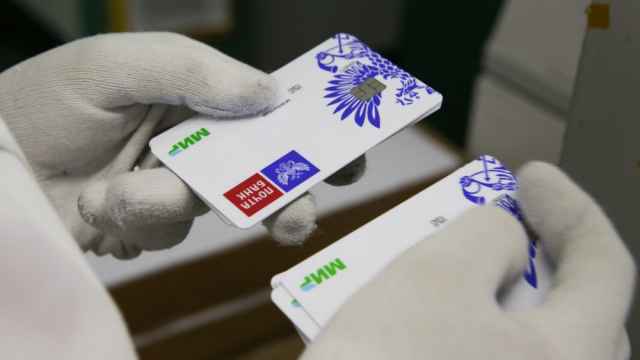Russia's Central Bank on Friday raised its key interest rate to 16%, announcing a fifth hike since summer in a bid to fight accelerating inflation.
The central bank has been grappling with the economic fallout of the offensive in Ukraine that includes Western sanctions, a surge in government military spending and the call-up of hundreds of thousands of men.
"Current inflationary pressures remain high. Annual inflation for 2023 is expected to be close to the upper bound of the 7.0–7.5% forecast range," the Bank of Russia said in a statement explaining its decision.
Higher interest rates are designed to sap demand by making it more expensive to borrow money and encouraging consumers and businesses to save, not spend.
Analysts expected the increase as the central bank repeatedly stated its priority to fight inflation, which accelerated to 7.5% in November.
The Bank said it was anticipating "that tight monetary conditions will be maintained in the economy for a long period."
The exchange rate is seen as a key barometer of Russia's economic health by politicians, businesses and the population.
Central Bank chief Elvira Nabiullina said that Moscow's economy was working "almost at full capacity," warning of a risk of "overheating."
"Business lending is showing early signs of slowing, but is still growing at a record pace," she warned, as the bank is seeking to limit subsidized loads believed to be driving inflation.
The decision to raise the interest rate comes a week after Russian President Vladimir Putin announced plans to run in tightly-controlled polls in 2024 to stay in the Kremlin until at least 2030.
At his end-of-year press conference Thursday Putin hailed the 2.9% unemployment rate "at an all-time low," calling it "a very good indicator of the state of the economy."
But analysts say the low employment rate is not a healthy sign but instead shows a shortage of recruits, with various sectors struggling to fill posts.
The mobilization of hundreds of thousands of men took them off the job market, while prompting many of the most educated parts of the population to flee the country.
The lack of manpower is driving up wages, as employers are forced to offer more attractive salaries in order to recruit.
While this has created a cycle of rising wages and prices, a rapid rise in military spending has pushed the government into a deficit.
A Message from The Moscow Times:
Dear readers,
We are facing unprecedented challenges. Russia's Prosecutor General's Office has designated The Moscow Times as an "undesirable" organization, criminalizing our work and putting our staff at risk of prosecution. This follows our earlier unjust labeling as a "foreign agent."
These actions are direct attempts to silence independent journalism in Russia. The authorities claim our work "discredits the decisions of the Russian leadership." We see things differently: we strive to provide accurate, unbiased reporting on Russia.
We, the journalists of The Moscow Times, refuse to be silenced. But to continue our work, we need your help.
Your support, no matter how small, makes a world of difference. If you can, please support us monthly starting from just $2. It's quick to set up, and every contribution makes a significant impact.
By supporting The Moscow Times, you're defending open, independent journalism in the face of repression. Thank you for standing with us.
Remind me later.


